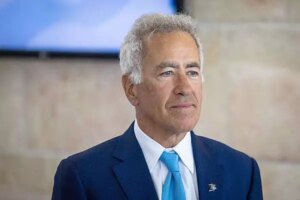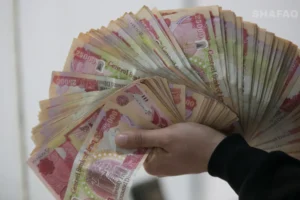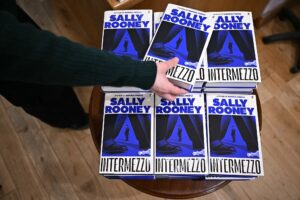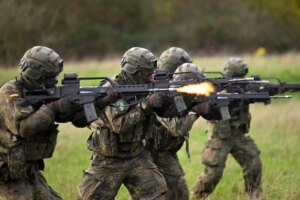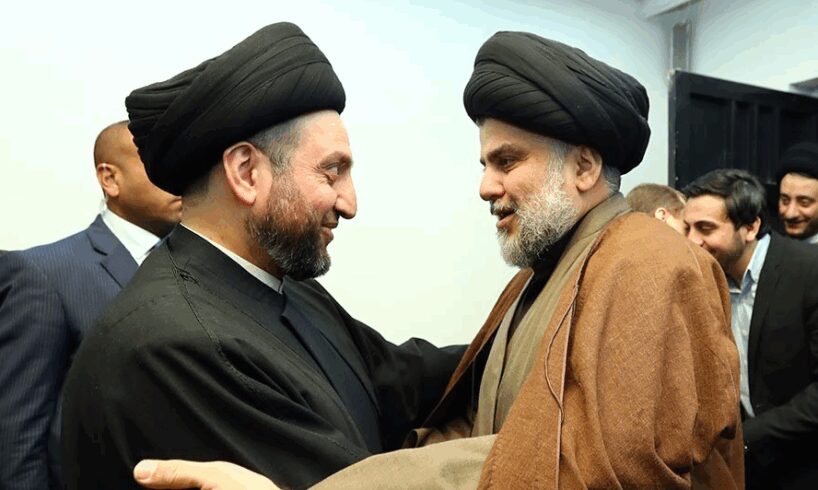
As Iraq prepares for its parliamentary elections in November
2025, an uncertainty surrounds the political scene: Will influential Shiite
leader Muqtada al-Sadr participate, or will his boycott continue to shape the
electoral process—and its legitimacy?
Al-Sadr’s firm stance, grounded in his demand for sweeping
reforms and an end to entrenched corruption, has not wavered. His absence
threatens to depress voter turnout and undercut the credibility of the
elections. Meanwhile, rival Shiite factions have turned to a seasoned
intermediary—Ammar al-Hakim—in a last-ditch effort to bring the powerful cleric
back into the fold.
Al-Sadr’s Position: Non-Negotiable Demands?
Al-Sadr has reiterated, in increasingly stark terms, his
refusal to engage in what he describes as a fundamentally corrupt political
process. His withdrawal from parliament in June 2022, when his movement
relinquished 73 seats, was just the beginning of a broader political retreat.
Since then, Al-Sadr has maintained a consistent message:
“the current system cannot be salvaged without radical reform.”
In a statement issued last Friday, he outlined a set of
stringent conditions that he views as prerequisites for any potential return to
the political process. Central among them is the disarmament of all “militias”
and the transfer of their weapons to the control of the state. He also called
for the reinforcement of the country’s official military and police
institutions, underscoring the need for a unified, state-run security
apparatus.
Additionally, Al-Sadr emphasized the importance of
preserving Iraq’s independence by rejecting all forms of external alignment or
influence.
Finally, he demanded comprehensive anti-corruption measures,
including the prosecution of officials involved in graft and the dismantling of
the entrenched systems that enable it.
These stipulations reflect a maximalist position that few
believe Iraq’s entrenched political class is prepared to meet. His rhetoric
portrays a country in existential decline, once warning that Iraq is “living
its last breaths”—a sentiment that resonates with segments of a disillusioned
public.
Al-Hakim’s Mediation: A Narrow Path
In response to Al-Sadr’s absence, the Shiite Coordination
Framework has quietly enlisted Ammar al-Hakim, head of the National Wisdom
Movement (Al-Hikma), to mediate. Al-Hakim, whose political base lies in
Baghdad’s Al-Jaderiyah district, is viewed as one of the few figures with
enough credibility and political capital to potentially engage with al-Sadr.
Yet the odds are stacked against him. Political analyst Ali
Hussein al-Fatlawi, affiliated with the State Support Alliance, told Shafaq
News that “Al-Sadr’s vision is fundamentally incompatible with the Coordination
Framework.” He argued that the ideological divide is too vast, and that
al-Hakim’s role, while symbolic, is unlikely to yield concrete results.
Atheer al-Sharaa, another political analyst, echoed this
skepticism. In remarks to Shafaq News, he pointed to Al-Sadr’s consistent
messages via his X account, emphasizing the cleric’s resolve. “His conditions
are painful and, in some cases, unachievable,” said al-Sharaa, particularly the
demand for armed factions to disarm, many of which are integral to the
Coordination Framework’s power base.
Strategic Stakes and Electoral Consequences
Al-Sadr’s continued boycott carries profound electoral
consequences. His political base commands a loyal following, and his absence
from the ballot could siphon over a million votes from the system. Al-Fatlawi
warned that such a shortfall would significantly lower turnout, and undermining
the election’s credibility.
But the stakes go beyond numbers. Al-Sharaa raised concerns
that mass Sadrist mobilizations—particularly during religious events like the
Ashura pilgrimage in Karbala—could evolve into political demonstrations. Such
scenarios, especially in Baghdad, “risk destabilizing the electoral timetable
and may even force a postponement.”
Tensions escalated further when the al-Nasr Coalition, led
by former Prime Minister Haider al-Abadi, announced its withdrawal from the
election process, citing similar concerns over corruption and the lack of
electoral reform. This move highlighted the growing disillusionment within even
the establishment political blocs.
Expert Views: A Political Process “In A Maze”
Ali al-Saheb, a political analyst revealed to Shafaq News
that Sadr’s demands apply broadly—not just to rival factions but also to his
armed group, Saraya al-Salam, and even the Kurdish Peshmerga. This rare
consistency, he argued, “illustrates Al-Sadr’s sincerity but also
reinforces the unlikelihood of compromise.”
“The political process has entered a maze,” al-Saheb warned,
pointing to the closure of candidate registration and the lack of a roadmap for
real reforms. “Unless a breakthrough occurs, either through external mediation
or internal restructuring, Iraq may face either a contested election or another
postponement.
An Unstable Path to the Ballot Box
The months leading to the November 2025 elections are
shaping up to be among the most turbulent in Iraq’s post-2003 political
history. Al-Sadr’s continued boycott not only deprives the elections of
legitimacy but also weakens the broader system’s capacity to absorb dissent and
project stability.
While al-Hakim’s mediation remains the Coordination Framework’s
last viable channel, the deep ideological rift and non-negotiable demands leave
little room for optimism.
Written and edited by Shafaq News Staff.
